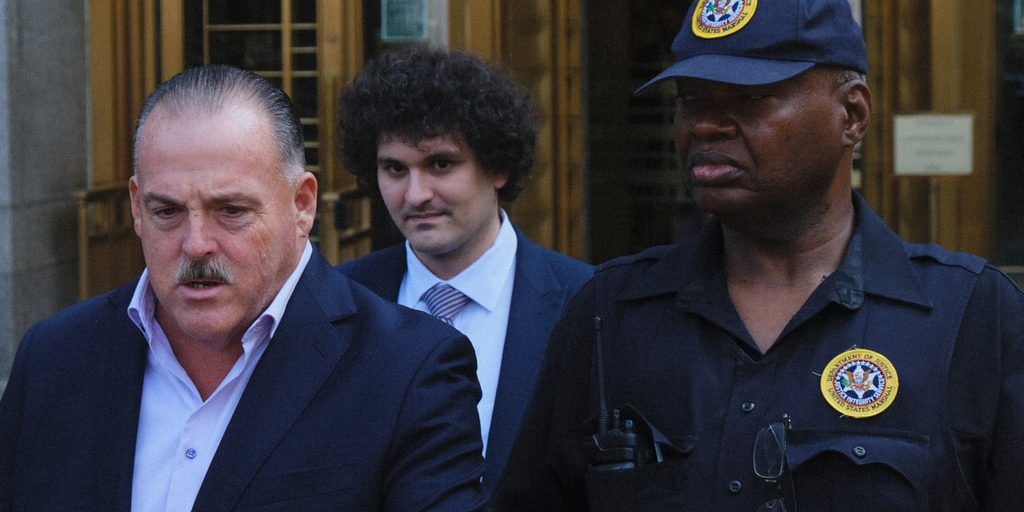[ad_1]

In an 18-page letter to Judge Lewis A. Kaplan, Sam Bankman-Fried’s defense counsel, argued against the U.S. government’s recent motion to revoke his bail.
The Defense called the arguments “extremely thin” and “relying heavily on assumptions, unsupported inferences, and innuendo.”
In a hearing on July 26, the Department of Justice representing the government in the case against the former crypto exec argued to revoke his bail, accusing him of “witness tampering and obstructing justice.”
Judge Kaplan had asked the two parties to submit written statements over the matter.
On July 28, the DOJ submitted its motion, accusing Bankman-Fried of leaking documents to a New York Times reporter intended to tamper with a key witness, former CEO of Alameda Research and Bankman-Fried’s ex-girlfriend, Caroline Ellison, among other things.
The defense replied to the government’s motion on Tuesday. The DOJ nor Bankman-Fried’s defense immediately responded to Decrypt’s request for comment.
‘Innuendo is not evidence’, says Bankman-Fried defense
Sam Bankman-Fried, the co-founder of the now-defunct FTX exchange and Alameda Research, was arrested in the Bahamas before being extradited to the United States.
Nine days later, on December 22, he secured release on bail. The DOJ now wants to put Bankman-Fried back in remand.
During last Wednesday’s hearing, the government argued that the defendant had over 100 phone calls with a New York Times reporter in which he shared personal documents of Ellison that were not part of the Government’s discovery material.
To which, the defense wrote on Tuesday that “innuendo is not evidence,” saying that the government had no proof that Bankman-Fried shared the documents.
The defense explained that Bankman-Fried shared documents with the reporter that were already known to the reporter. His counsel went on to accuse the government of sharing the documents and demanded that there should be a hearing on this issue.
The government had also argued that Bankman-Fried used the encrypted messaging application Signal to communicate with other witnesses and used a virtual private network (VPN) to hide his online activity.
The court had previously barred Bankman-Fried from contacting FTX and Alameda employees or using encrypted communications in February.
The defense noted that Bankman-Fried was within his rights to use Signal and produced evidence to show that Bankman-Fried’s actions were not “of bad faith or improper intent” and he was using “VPN to watch football.”
Other arguments included in the defense counsel’s letter were that the Metropolitan Detention Center would hinder his defense efforts as inmates do not have internet access and it is “currently in a staffing crisis.”
Stay on top of crypto news, get daily updates in your inbox.
[ad_2]
Source link




